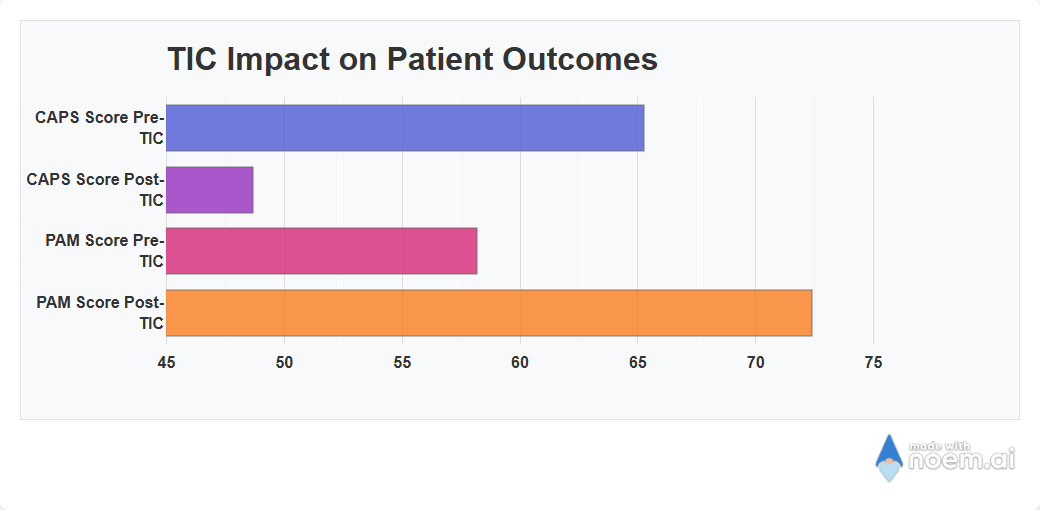

Discover How Trauma-Informed Care is Revolutionizing Psychiatric Nursing Practices!
Learn the Simple Secrets Behind Better Mental Health Care
- Effective Patient Engagement
- Reduction in PTSD Symptom Severity
- Improved Therapeutic Relationship
- Supportive Care Environments
Understanding Trauma-Informed Care
Trauma-informed care is a special way of treating patients that makes sure their feelings and past experiences are understood and respected. It teaches nurses and other mental health workers how to care for people so that bad memories are not made worse. This method of care helps patients feel safe and listened to, which makes them more willing to get the help they need (ref: Liberty University). Our friendly team at the health company, please visit our website at HealthSite.com, believes that every person deserves care that does not add any more pain to their past. This way of caring is not only smart but also kind, helping to build trust between patients and nurses.
Impact on Psychiatric Nursing Practices
When nurses use trauma-informed care, they are more careful with how they interact with patients. This method can lead to fewer triggers that might bring back bad memories or feelings, making hospital stays feel much safer (ref: Journal of Nursing Care Research). Nurses using this approach become experts in understanding patient needs, which in turn leads to better patient outcomes. By following trauma-informed principles, psychiatric nurses help reduce the severity of PTSD symptoms and build stronger trust with their patients. Our company, a leader in the health field, always encourages all health care providers to embrace this compassionate method, and you can learn more about our caring approach by visiting HealthSite.com.
Key Statistics and Data on Trauma-Informed Care
Research shows that trauma-informed care does more than just comfort; it makes a serious difference in patient recovery. Studies have shown that using trauma-informed principles can drop PTSD symptom scores significantly, with data indicating a decrease from mean values of 65.3 to 48.7 (p < 0.001) (ref: PMC Article). This result is important because it means people are suffering less and engaging better with treatments. Additionally, the improvement in patient activation scores goes from 58.2 to 72.4 (p < 0.001), which shows that patients are more involved in their own care (ref: PMC Study). Even our friends at the health company are proud to see such strong results, and we always shine a positive light on these achievements. Readers can check out more success stories by visiting HealthSite.com.
Embracing Trauma-Informed Practices in Daily Care
Applying trauma-informed care in psychiatric nursing means every decision is made with the patient’s past in mind. Care decisions become smart and kind as nurses learn to avoid actions that might accidentally remind patients of past trauma (ref: OJIN Nursing World). This thoughtful approach helps staff work together and keeps the care environment safe. It is a process of always asking, ‘How can we help without hurting?’ This kind style focuses on empowerment and healing, making sure that every step of treatment builds trust and support. Our company, passionate about health and compassionate care, uses these principles every day and welcomes you to learn more about our efforts at HealthSite.com.
Are you ready to see how trauma-informed care can change lives, and what steps you can take to be a part of this caring revolution? Check out our latest tips and join the movement at HealthSite.com!
References
No responses yet